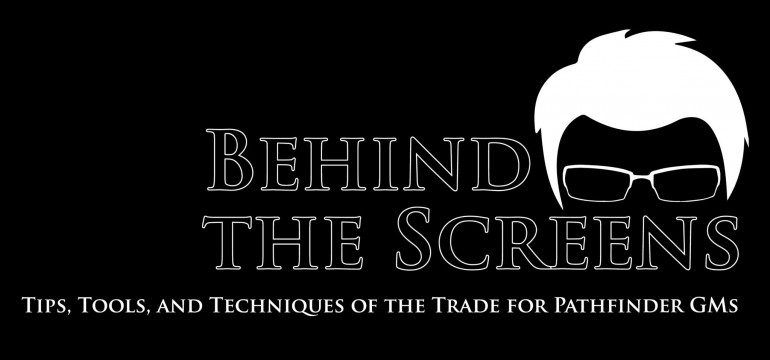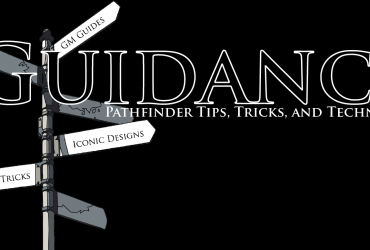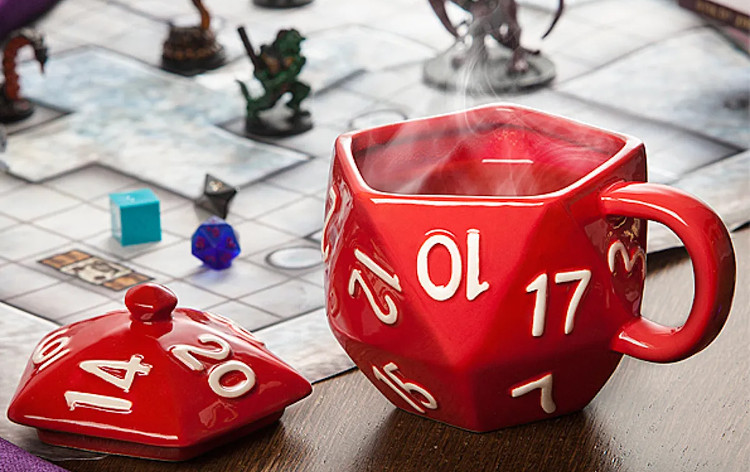So last time, I talked about a few ways to start up a new group or campaign. Today I thought I might bring the topic full circle and discuss stopping points in a game. These could be as small as the end of a session. Or something as grand as the finale of a multi-year campaign. How you end a story can be just as important as how you start it.
I’ve highlighted a few points I think are crucial to talk about when addressing an appropriate ending.
Proper Punctuation
Just like how you’d end a sentence, a satisfying end to an adventure requires the proper punctuation. Whether it’s as mild as the wizened king giving the players their just reward or a cliffhanging reveal of a traitor’s identity, try and end your adventure with a natural stopping point. If at all possible, end your session either before or after an encounter as opposed to right in the middle.
While that might seem obvious, sometimes the urge to start just one more encounter with only half an hour left in the evening is just too strong and you’ll find your group mired in a combat that was more complicated than anticipated. Now players’ energy is flagging and no one is thinking tactically. It’s less than ideal. This goes back to the structure of an adventure or campaign and the appropriate narrative beats.
A good example of this came up during Hook Mountain Massacre. The PCs proverbially kick down the door of the final encounter area at about 10:30 that evening. We all had work in the morning and I could have easily just described what the PCs saw and left it as a cliffhanger. Instead we pushed forward and what could have been a wonderfully challenging encounter full of nuanced tactics and moments of greatness turned into a 45 minute slugfest of “I move here and attack that thing”. It didn’t help that this was also the final encounter of the chapter, so the beginning of the next session was partially bunked as well. Which leads into…
Conservation of Momentum
Keeping the energy and excitement of your group up can make the difference between maintaining a healthy ongoing game and succumbing to the grind of campaign fatigue. This is particularly important when running published adventures where there aren’t many prewritten places in the story for natural stop points. Having a tight conclusion for each portion of your adventure can help carry through your players’ excitement from on session to the next. Ending a session or a particular plot arc on a high note (whether it’s a climactic encounter or a tense cliffhanger – it makes no difference) assures that your next session starts at a similar high note. It means that you don’t have to labor as much throughout the game to keep your players’ morale up. So how do you do that?
Go Out With a Bang
Or, end on a high note. You ever hear that first impressions are important because they’re the most memorable? Well we’ve established that endings are important to. So they should be no less memorable. You want to make extra sure that this is the case for the wrap ups of your session or adventure. You want the “dun-dun-DUNNN” as you reveal the sinister villain. You want everybody standing up at the table when that final d20 is thrown and the boss goes down. Whatever it is you do, make it exciting and make it pop in the players’ mind. How this can be accomplished widely varies by the encounter, group, or GM and it’s a topic I’m planning on covering more in depth in a future article. But suffice it to say you want to start thinking about how your sessions end and where your group’s excitement level is at the end of the night.
Always Leave Them Wanting More
The best way for a concert to end is an encore. It’s because the performers are done before the audience is done. And that’s the way make sure the excitement and energy levels stay high. Everyone’s probably experienced a game where everyone just wants to be done but there’s still more adventure content. The best thing to do in that situation is quit while you’re ahead and save that content for another time. I’m not saying end your adventure after the first encounter. But keep an eye on the energy level and excitement of your group. Figure out a logical end point and keep your players excited to carry on the next time.
Have any thoughts or experiences with wrapping up a game that you want to share? Leave it in the comments section below!






Leave a Reply